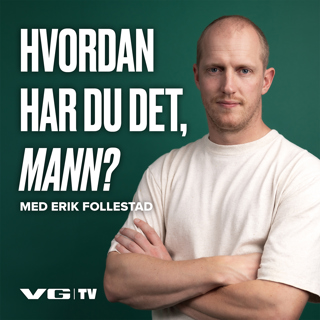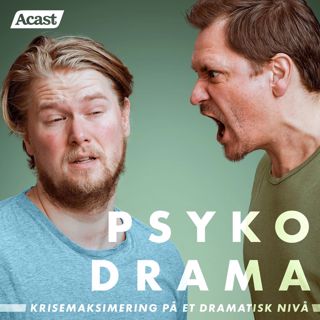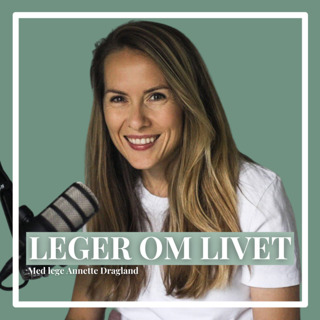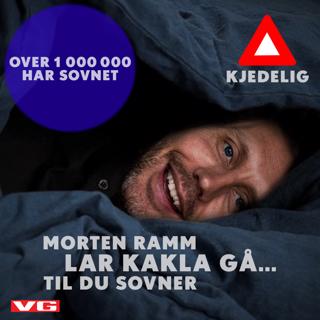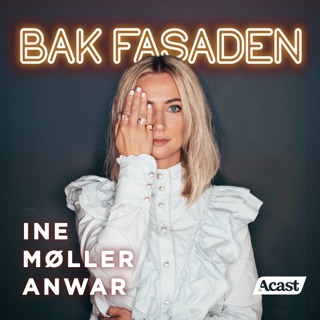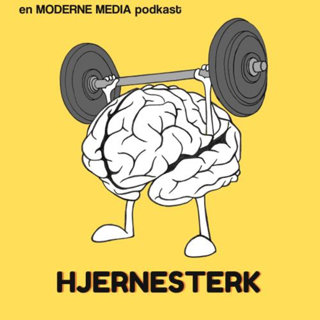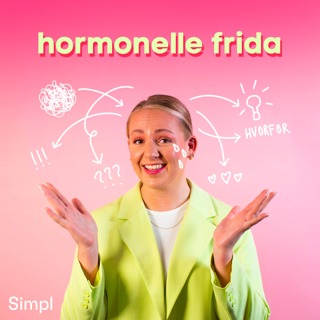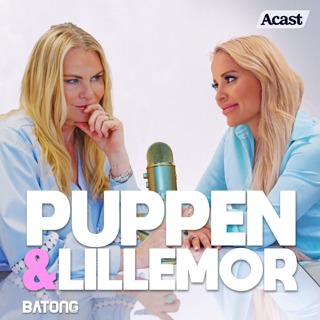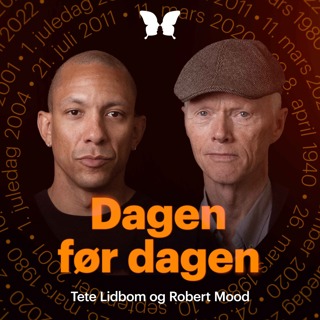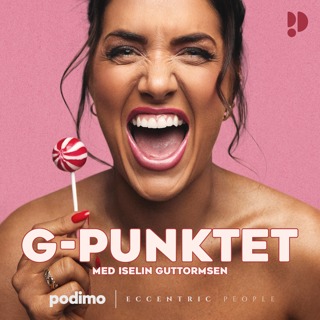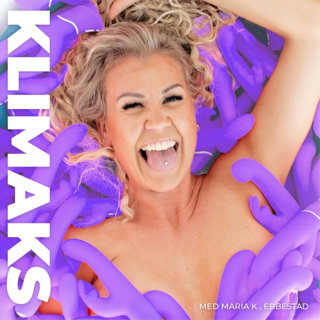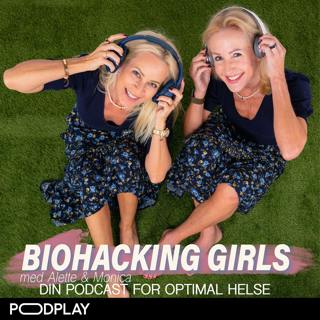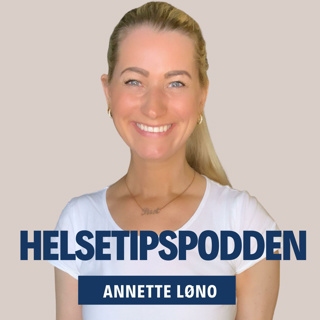
#64 More Than Medicine (1 of 3). Cultivating an Elite Performance Mindset with Sports Psychologist Tom Bates
My guest today is Tom Bates, a performance psychologist who applies fast, easy and accessible performance enhancing techniques to elite sports men and women based on the Science of Psychology.His work has extended into other sports beyond premiership football including GB athletes in Basketball, Swimming, Boxing, Rugby, Golf and Fencing and is working toward Tokyo 2021.Our conversation today spans a multitude of topics includingHow to harness better Self-AwarenessHow changing your Perception of the environment will drastically change your experience of itRealising you are in total control of your emotions enables you to be bulletproof from insecurity and negative energyHow to nurture an Authentic selfEven though Tom has worked with highly motivated people his whole life who are looking for that extra 1-5% of better performance, his work and learnings are relevant to all of us and I think if you think of yourself struggling with any aspect of behavior, health or habit change, you will definitely enjoy this podWe also talk about using:Visualisation exercisesThe Law of AttractionWhich are two things I strongly believe in and touch upon at the end of the podcast episode.And do check out Tom's book - the Future Coach - which I'm sure you'll find super interesting too.You'll find full show notes along with other guest information including social media links on the podcast section of The Doctor's Kitchen website Hosted on Acast. See acast.com/privacy for more information.
12 Aug 20201h 2min

#63 Eating for The Menopause with Dr Hannah Short
My guest today is Dr Hannah Short, a GP and women's health specialist who has personal experience of surgical POI (primary ovarian insufficiency), having undergone a total hysterectomy and bilateral salpingo-oophorectomy (removal of the womb, fallopian tubes and both ovaries) at the age of just 35. She now sees patients from across the POI spectrum and uses a combination approach of both HRT medication and nutrition and lifestyle changes. An ambassador for the Daisy Network, Hannah has big aspirations to improve Menopausal awareness and care across the country.Hannah has a keen interest in the role of plant-based nutrition in female hormonal health, in particular the association between the gut microbiome and oestrogen metabolism. In 2018, Hannah completed the eCornell Certificate in Plant-Based Nutrition and has undertaken further training in lifestyle medicine with the Royal College of General Practitioners (RCGP). On the show today we talk about:Hannah’s personal story - Endometriosis and surgically induced menopause and Premenstrual Dysphoric Disorder (PMDD)Defining the Menopause and Primary Ovarian Insufficiency (POI)What is normally meant to happen in the menopause The pathophysiology behind the commonest symptomsHow the menopause effects chronic conditionsThe gut microbiome and oestrogen metabolism“Oestrogen dominance”How a plant based diet can help lessen menopausal and menstrual symptomsThe impact of inflammation on the menopauseHRT and the different types - body vs bio - identical and their usesSoy and the menopauseSupplements and the menopauseDo check out The Doctor's Kitchen website for more information on this episode and my guest - there's some great reference information over there. Hosted on Acast. See acast.com/privacy for more information.
5 Aug 20202h 3min

#62 Fasting and Medicine with Professor Valter Longo
My guest today is a world renowned scientist and researcher Professor Valter Longo. Most well recognised for his work in the longevity field and fasting., Valter has thirty years of experience in the field of longevity and healthy eating. He is the Director of the Longevity Institute at the University of Southern California – Leonard Davis School of Gerontology, Los Angeles, and the Director of the Longevity and Cancer Program at the IFOM Institute of Molecular Oncology in Milan, Italy. He is the author of the best seller “The Longevity Diet” and is also the scientific director of the Create Cures Foundation and the Valter Longo Foundation. On today’s pod we talk aboutWhat fasting means and the different types of fastingThe longevity diet and the fasting mimicking diet (FMD), and what are their aims?Does the scientific data suggest benefit?Which are the main features of the longevity diet? How many meals should be eaten each day?Why fasting works on longevity?How does the fasting mimicking diet work?The utility of FMD in the treatment of cancer, autoimmune conditions and metabolic disorders Do check out Professor Longo's book - The Longevity Diet - it really is a very interesting read and full of such great information.Social Media LinksWebsiteFacebook Instagram Hosted on Acast. See acast.com/privacy for more information.
29 Jul 20201h 14min

#61 Eating for your Eyes with Dr Rudrani Banik
My guest today is Dr Rudrani Banik MD, an award-winning Associate Professor of Ophthalmology at Mount Sinai Icahn School of Medicine who also serves as principal investigator for 5 multi-centered clinical trials in neuro-ophthalmology. Dr. Banik is a member of the American Academy of Ophthalmology’s Exam Development Committee and helps to set the standards for board certification in her field. She is sought out as an expert in the media and has been featured in The New York Times, Good Morning America, CBS Evening.She applies principles of complementary and alternative medicine in conjunction with traditional medical approaches to treat chronic diseases affecting the visual system. She offers a unique approach to managing conditions such as dry eye, macular degeneration, blepharitis, migraine, multiple sclerosis, myasthenia gravis, thyroid eye disease, uveitis, and other autoimmune conditions. She is also the founder of Envision Health NYC, a private practice based in New York City.On today’s podcast we talk about:How does nutrition affect health?What are the best foods for eye health and how do they impact the visual systemWhat foods can help protect against cataracts/macular degeneration/glaucoma? Beyond food, what supplements/herbs should you take for your vision? Prevention and slowing of the commonest causes of blindnessSo how do we reduce symptoms of digital eye strain? Is there a connection between nutrition and dry eyes?What can you do to protect children's vision? Actionable tips to protect our eyes with food and lifestyleBio links:Relevant Links: https://rudranibanikmd.com/https://www.instagram.com/dr.ranibanik/https://twitter.com/RudraniBanikMDhttps://www.facebook.com/NYCNeuroOphthalmology/Further links:http://mbio.asm.org/content/7/2/e00198-16.full - contact lens wearinghttps://www.ncbi.nlm.nih.gov/pmc/articles/PMC5045141/ - microbiome and ophthalmic diseasehttps://www.sciencedirect.com/science/article/pii/S1542012416300386https://www.the-scientist.com/?articles.view/articleNo/39945/title/Visualizing-the-Ocular-Microbiome/ Hosted on Acast. See acast.com/privacy for more information.
22 Jul 20201h 1min

#60 How to Reverse Ageing (Part 4 of 4). The Future of Longevity Research with Professor David Sinclair
My guest on the show today is David A. Sinclair, Ph.D, a tenured Professor of Genetics at Harvard Medical School, he is best known for his work on genes and small molecules that delay ageing, including the Sirtuins, NAD precursors, Resveratrol and other epigenetic modifiers. He has received many honours including a feature on TIME magazine’s list of the “100 most influential people in the world” and this podcast episode about how to treat and reverse ageing will give you a glimpse into why he is so deserving.On the show we talk about:The hallmarks of ageing and why to distinguish it as a diseaseInstead of trying to tackle each one of the 8 central tenants of ageing, how Prof is looking at the epigenomeSirtuins and their role in ageing, DNA repair and gene expressionAMPK, MTor, Sirtuins as regulators of lifespan and defence pathwaysMethods of fighting ageing and activating the body’s natural defence systemsEnergy restriction, aerobic exercise, sauna and cold shock therapyenergy restriction, exercise triggering hypoxia, sauna, cold shock therapy,NAD and NAD precursors, Metformin, rapamycin and resveratrol as molecules that can improve ageingWhy we need to treat ageing like a disease, which forms the foundation of multiple diseases. If we cure ageing, we cure a lot.The ethical considerations of increasing lifespan Do check out David’s work and his latest book - Lifespan - Why We Age and Why We Don’t Have To.All other social media links are noted here below.YouTubeWebsiteTwitterInstagram Hosted on Acast. See acast.com/privacy for more information.
15 Jul 202057min

#59 How to Reverse Ageing (Part 3 of 4) The Female Ageing Brain with Dr Lisa Mosconi
Today’s podcast is with the wonderful Dr Lisa Mosconi, PhD, author of the brand new book “The XX Brain” and the director of the Women's Brain Initiative and the associate director of the Alzheimer's Prevention Clinic at Weill Cornell Medical College, where she also serves as associate professor of Neuroscience in Neurology and Radiology. She is a board-certified integrative nutritionist and holistic healthcare practitioner and somebody who is championing better, more inclusive research that recognises the distinctiveness of the female brain for improved clinical outcomes. I loved her first book “Brain food”, and this new book is an incredible addition to her literary works and a way to empower women across the world to make more evidence based informed choices about their health and wellbeing with respects to brain health. On Today’s podcast we talk about:The statistics regarding how women are far more likely than men to suffer from anxiety, depression, migraines, poor recovery from brain injuries, Autoimmune conditions like MS and Alzheimer's disease.What she refers to as Bikini MedicineHer personal Story of Alzheimer’s in her familyWhat the ‘Women’s Brain initiative’ aims to achieve in scienceHow women's brains age distinctly from men'sThe unique risks women faceHow memory lapses, depression, stress, insomnia and the increased risk of dementia are key issues during menopause that arise in the brain rather than the reproductive organsThe key brain-protective hormone: OestrogenAbandoning one size fits all medicine and embracing personalised medicine8 steps to improving women’s brain health including: Diet, Stress reduction, Sleep, harnessing the power of the Microbiome, deciding if HRT therapy is for you, Environmental toxins and supplementsDefinitely do check out Dr Lisa's book - “The XX Brain” - which is a brilliant read and full of super interesting and helpful and easy to understand information.All other social media links are noted here below.WebsiteTwitterInstagram Hosted on Acast. See acast.com/privacy for more information.
8 Jul 20201h 21min

#58 How to Reverse Ageing (Part 2 of 4). Healthy Ageing with Dr Dan Levitin
For the second part of our reversing ageing series, my guest today is Dr Daniel J. Levitin. A neuroscientist, cognitive psychologist, and bestselling author. He is Founding Dean of Arts & Humanities at the Minerva Schools at KGI in San Francisco, and Professor Emeritus of psychology and neuroscience at McGill University. He is the bestselling author of This Is Your Brain on Music, The World in Six Songs, The Organized Mind, and A Field Guide to Lies and Statistics.Daniel is a thought leader in the field of ageing and neuroscience, he has read thousands of research papers on the brain through the ages and his new book draws on cutting-edge research from neuroscience and psychology to demonstrate the cognitive benefits of getting older. On the show today we talk about:The beliefs that surround the ageing processOur assumptions around memory loss and our focus on lifespan instead of 'healthspan'How our decision-making skills improve as we ageHow happiness improves in agePractical and cognitive enhancing tricks for everyone to follow during each decade of their lifeHow to age joyouslyWe also dive into Dan’s food preferences, flair for music and some incredible stories from his life’s workI would really recommend to check out Dan's book - The Changing Mind - it really is well worth a readAnd do check out The Doctor's Kitchen website for full show notes and do check out all our other podcast episodes too!Guest Social Media LinksWebsiteTwitterFacebookInstagram Hosted on Acast. See acast.com/privacy for more information.
1 Jul 20201h 21min

#57 How To Reverse Ageing (Part 1 of 4). The History of Longevity Research with Sue Armstrong
My guest today is Sue Armstrong, journalist and author of the fantastic book “Borrowed Time – The Science of How and Why We Age”.We have a conversation about all things related to ageing, why it occurs, why there’s renewed interest in it and what we can do about it. Sue beautifully lays out the history of longevity research in her book, the origins of this fascinating scientific discipline and what the latest research means for you.Sue is a writer and broadcaster specialising in science, health and development issues. As a foreign correspondent, she covered EU affairs from Brussels for 3 years. Based subsequently in South Africa for 8 years, she reported for a variety of media - notably New Scientist magazine, BBC World Service radio, and various UN agencies including the World Health Organization, for whom her major focus was the AIDS epidemic then spreading explosively in East, Central and southern Africa. On the show today we discuss:How Sue's career got started as well as her experience reporting on Nelson Mandelas release from prisonHer time spent researching and reporting on HIVThe origins of ageing research and interrelated tales of mavericks, worms and fruitflies The different theories of why we ageCellular senescence The ageing immune systemCalorie restriction and its pros and consWhether the quest for longevity is a narcissistic endeavourTrue gerontology vs the “immortalists” And definitely go and check out Sue's book - 'Borrowed Time - The Science of How and Why We Age' which is a really super interesting read.All other social media links for Sue are noted below here and do check out The Doctor's Kitchen website for full show notes and links to publications and articles that Sue wanted to share with listeners.Guest Social Media LinksTwitter Hosted on Acast. See acast.com/privacy for more information.
23 Jun 20201h 39min




